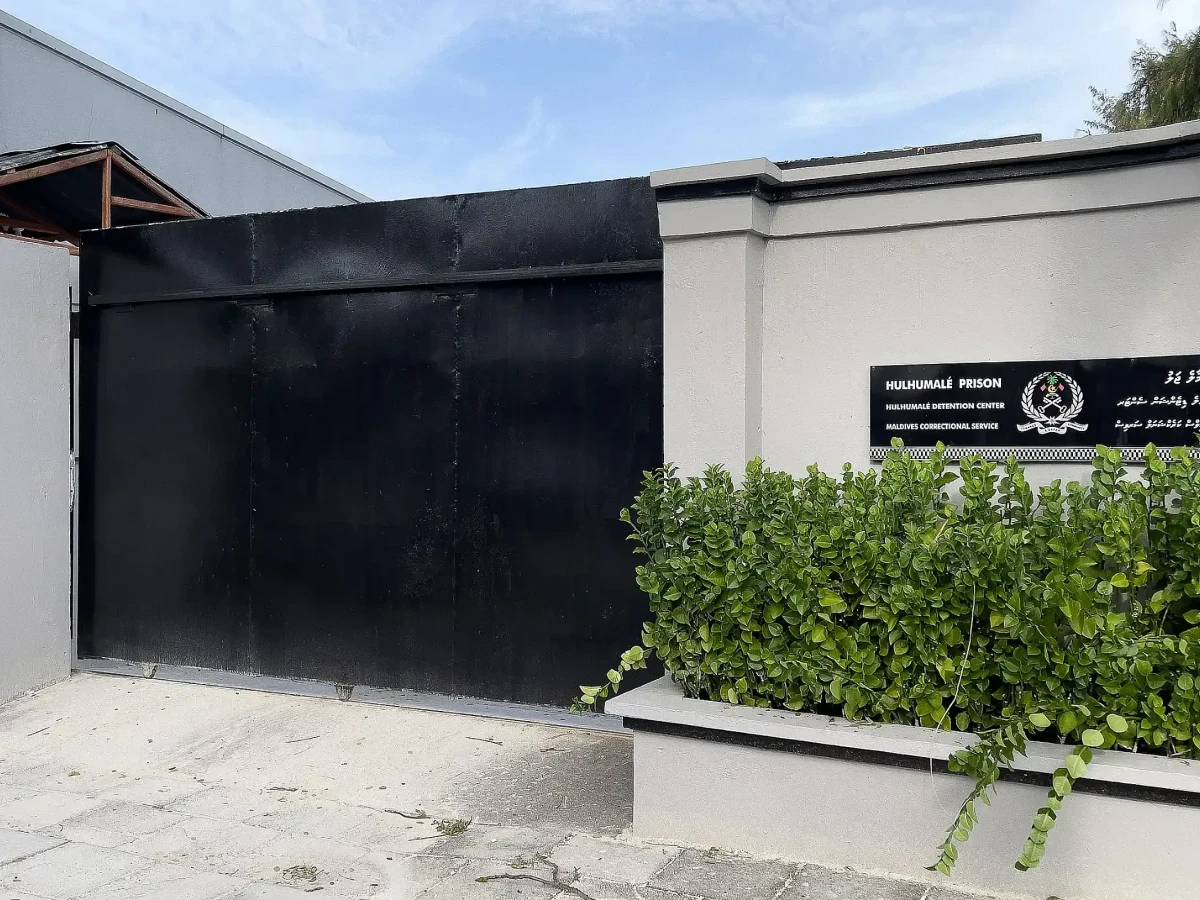
4 firms submit proposals to develop Hope Island prison
The ministry has targeted completion of the project by the end of the current administration’s term.
Homeland Ministry has announced that four companies, including one based in the United States, have submitted proposals to develop Hope Island, a planned central prison and juvenile rehabilitation facility.
Home Minister Ali Ihsan told state broadcaster TVM that submissions have been received from:
-
One Maldivian company
-
One Chinese company
-
One Malaysian company
-
One American company
According to the minister, the government plans to award the development contract in July following a review of the proposals.
Minister Ihsan said that existing prisons in the Maldives are not equipped to provide adequate opportunities for correction and rehabilitation. He highlighted the challenges of managing prisons scattered across different islands, noting that maintaining such facilities is costly.
He said the current cost of housing one inmate in existing facilities is approximately MVR 27,000 per month. In addition to housing expenses, security, food provision, and the transport of inmates—especially during adverse weather—add to the cost and complexity of prison operations.
He stated that the establishment of a central facility would reduce current costs by up to 40 percent. The proposed facility will be constructed on an island in the north and linked to the mainland by a bridge.
The central prison is expected to offer treatment and rehabilitation services in line with international standards. Minister Ihsan said the objective is to prepare inmates to reintegrate into society upon release.
The facility, named Hope Island, is also intended to house and rehabilitate juveniles who are either involved in or at risk of criminal activity. The government aims to provide educational and training programmes to support the development of these children.
The ministry has targeted completion of the project by the end of the current administration’s term.
Related
Related

Body scanner at Maafushi Prison to curb contraband, scam calls

Govt plans open prison island for minor offenders, says president

Maldives invites proposals for new prison, juvenile centre

